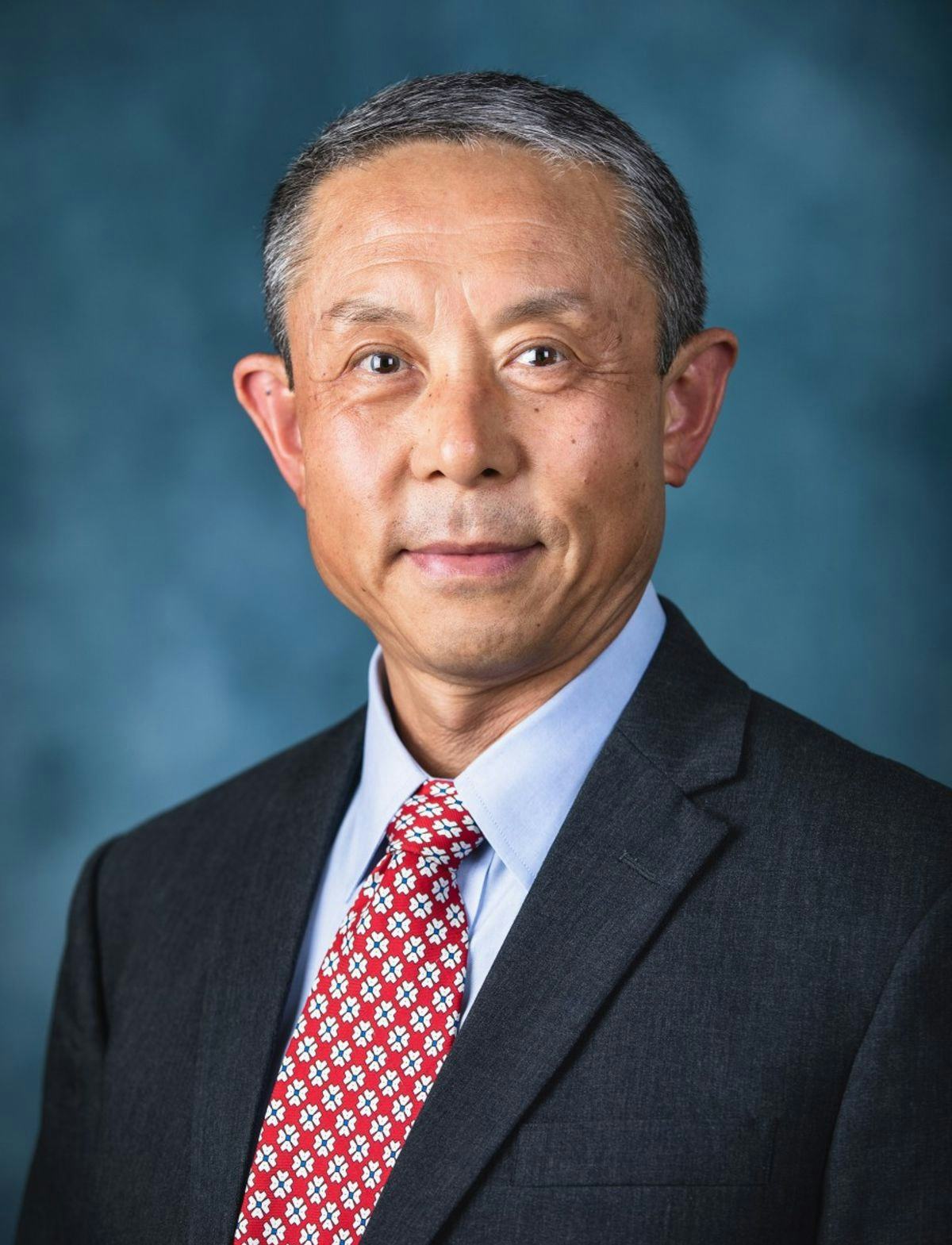Yi Bao and Jianmin Qu Secure $1M DOT Grant to Revolutionize Pipeline Safety and Integrity
This groundbreaking project aims to improve pipeline design and maintenance, reducing catastrophic incidents while enhancing the safety, reliability and resilience of energy infrastructure
Across the United States, more than 3.3 million miles of pipeline infrastructure transports vital energy resources. However, Stress Corrosion Cracking (SCC), a leading cause of pipeline failures, raises significant safety risks, economic costs and environmental hazards.
Yi Bao, associate professor in the Department of Civil, Environmental and Ocean Engineering at Stevens Institute of Technology, is leading a project to change that narrative with his research into "Enhancing Knowledge and Technology to Prevent and Mitigate Risks of Stress Corrosion Cracking for Pipeline Integrity Management."
Through a $1 million grant from the U.S. Department of Transportation, Bao is heading up a multidisciplinary team including Jianmin Qu, senior vice president for Academic Affairs and provost, Department of Mechanical Engineering, and collaborators from Rutgers University and North Dakota State University.
These team members aim to improve the knowledge base by studying the causal factors such as pressure and temperature for the initiation and progression of pipeline SCC. They will then develop innovative monitoring techniques integrating artificial intelligence (AI), ultrasonic and acoustic technologies, and provide actionable recommendations to improve pipeline maintenance, repair criteria and preventive measures.
In addition to its technical goals, the project prioritizes workforce development by involving students in hands-on research to empower the next generation of pipeline safety experts.
By addressing one of the most complex challenges in pipeline integrity, this research will save lives, protect the environment and ensure the continued flow of vital energy resources.
Cracking the mystery of pipeline deterioration
Bao’s interest emerged from witnessing the critical role pipelines play in energy transportation—and the devastating consequences of their failure.
He explained that SCC often begins as small, seemingly harmless cracks that rapidly expand and lead to sudden pipeline failures.
"Our knowledge of the issue is limited due to technical gaps in monitoring techniques," he said. "Advancements in AI and sensors inspired me to explore innovative solutions that integrate my interests in materials science, smart sensors and public safety."
To understand how these cracks occur, the team will experiment; simulate the combined effects of stress, corrosion and environmental factors; and conduct surveys. For instance, they will study how temperature changes accelerate crack growth and how material properties influence crack resistance.
By examining both the individual and combined effects of causal factors, they seek to uncover a deeper understanding and guide the development of targeted monitoring techniques to detect, prevent and mitigate SCC.
"AI-powered systems excel at processing complex data in real-time," Bao explained. "We’ll develop AI algorithms to analyze ultrasonic and acoustic signals and detect cracks at early stages, classify their severity and predict their growth trends. This enables proactive planning and maintenance, from improved material selection to optimized operating conditions to updated maintenance schedules."
Progress in the pipeline
This research represents a powerful convergence of cutting-edge technology and real-world impact.
Advancing the detection and prevention of SCC has significant potential to reduce pipeline failures, enhance safety, lower maintenance costs, support sustainable energy transportation and bolster the resilience and efficiency of the nation’s critical infrastructure.
"This project will generate foundational knowledge and tools for managing and preventing SCC, while also inspiring future research into AI-powered systems, advanced materials and integrated maintenance strategies," Bao said. "It contributes to the development of collaborative, interdisciplinary solutions to infrastructure challenges, and could set new standards for safety and efficiency in the pipeline industry. Academically, it will advance interdisciplinary knowledge and foster innovation, ensuring a lasting legacy in both fields."


